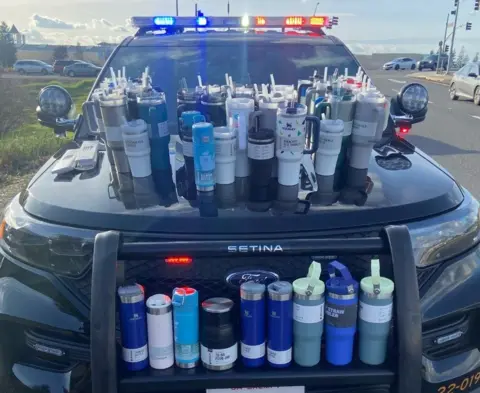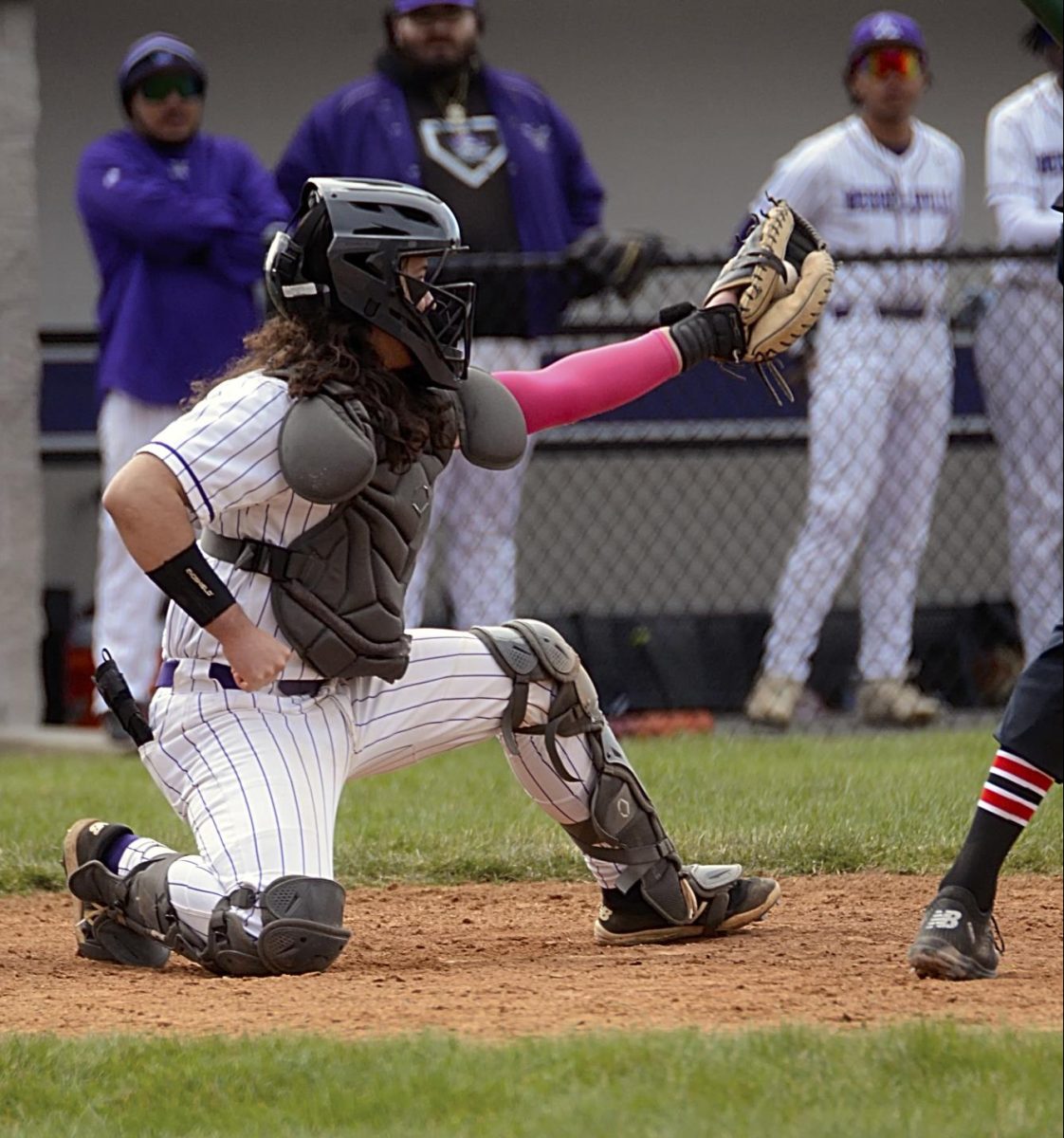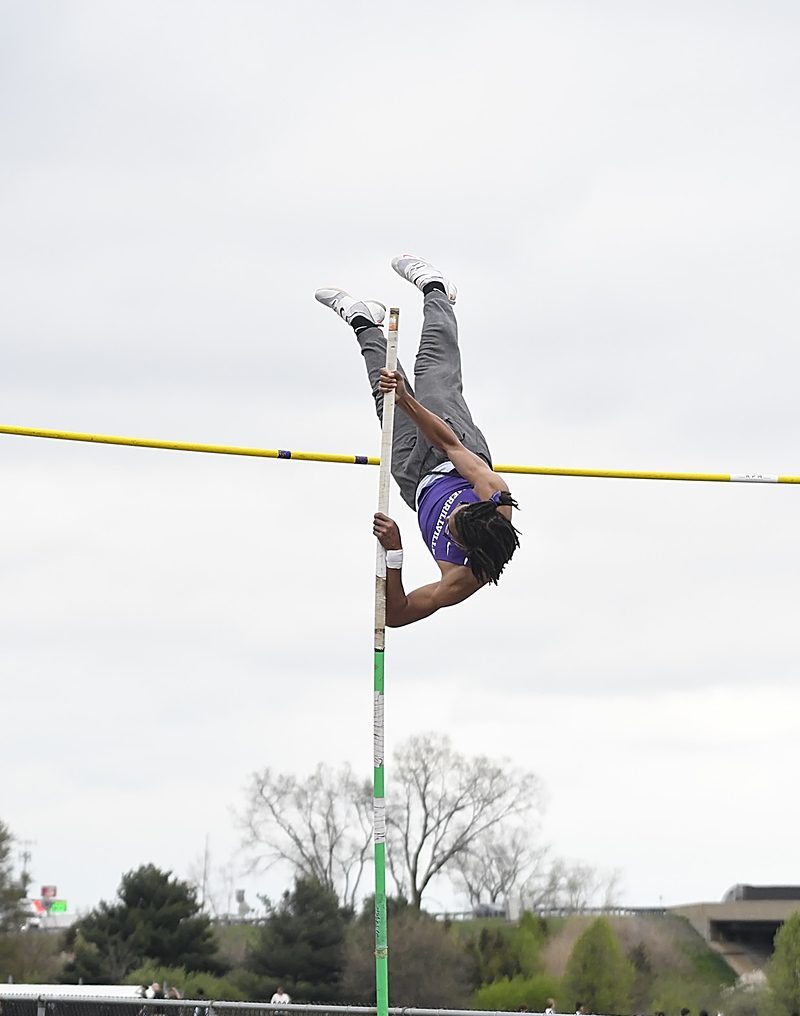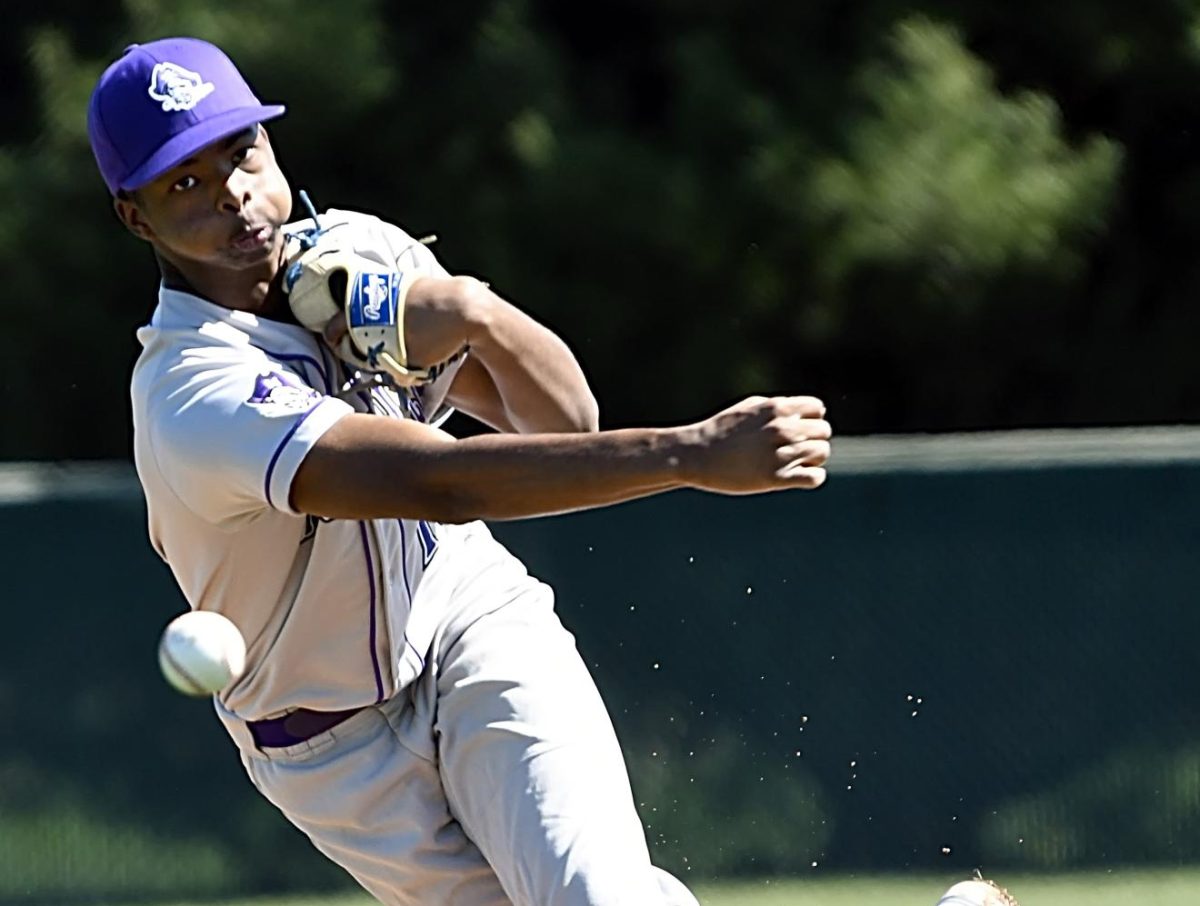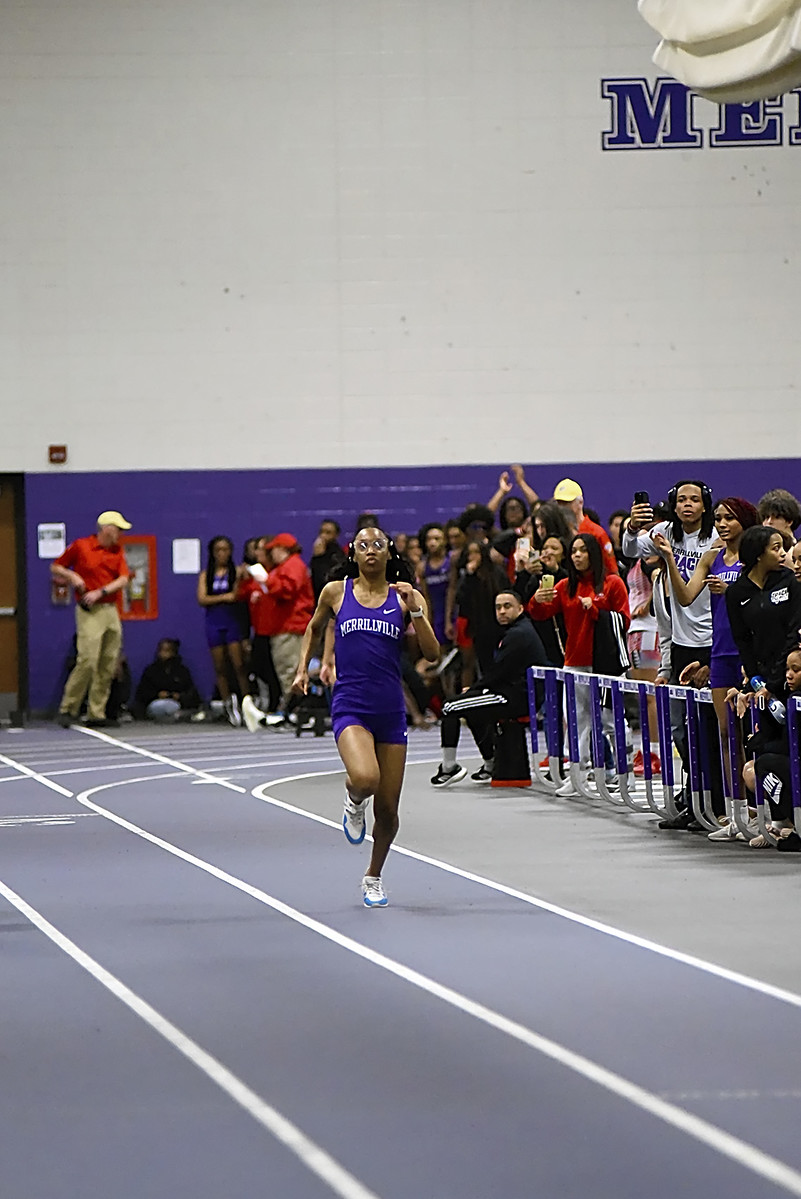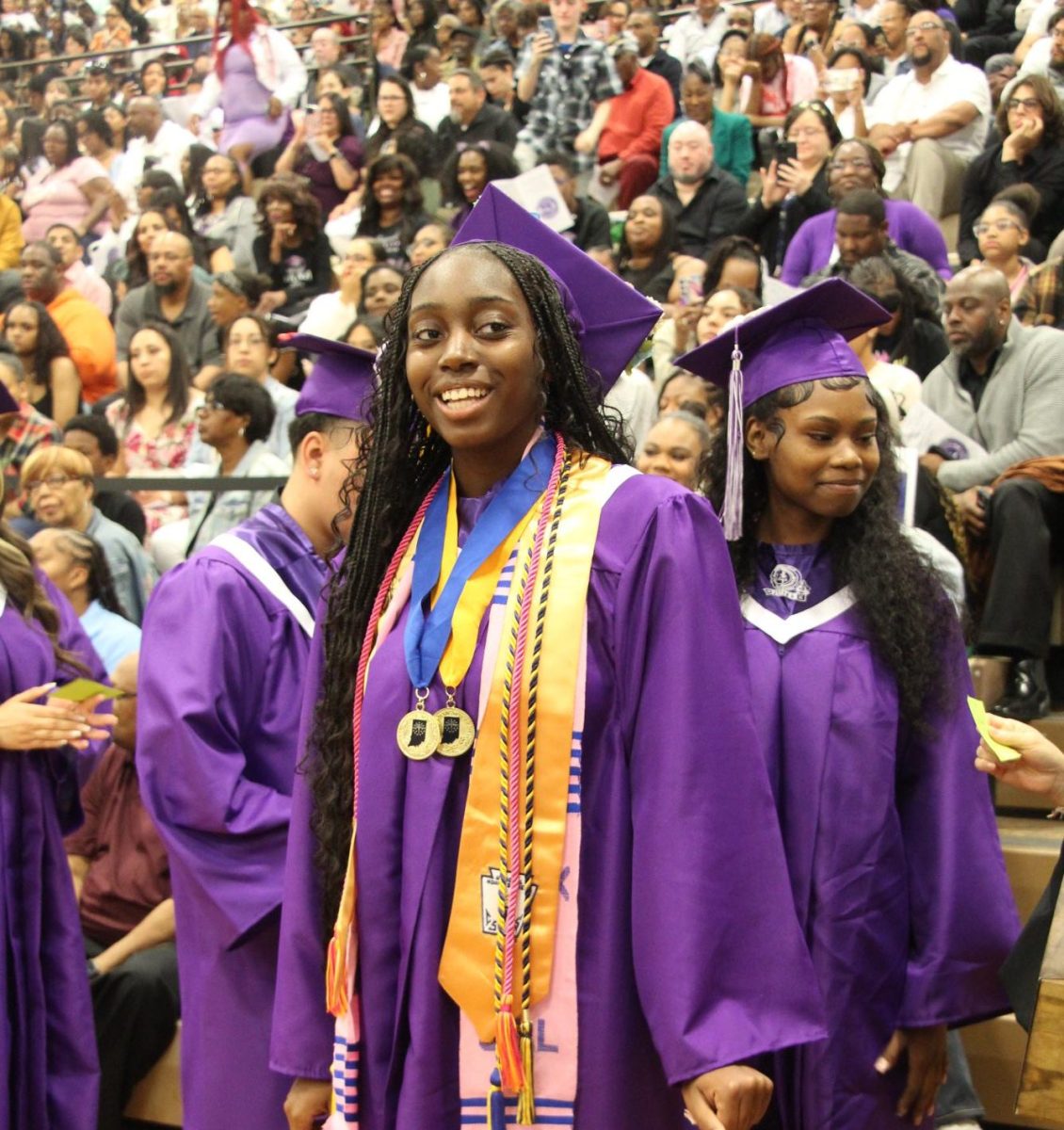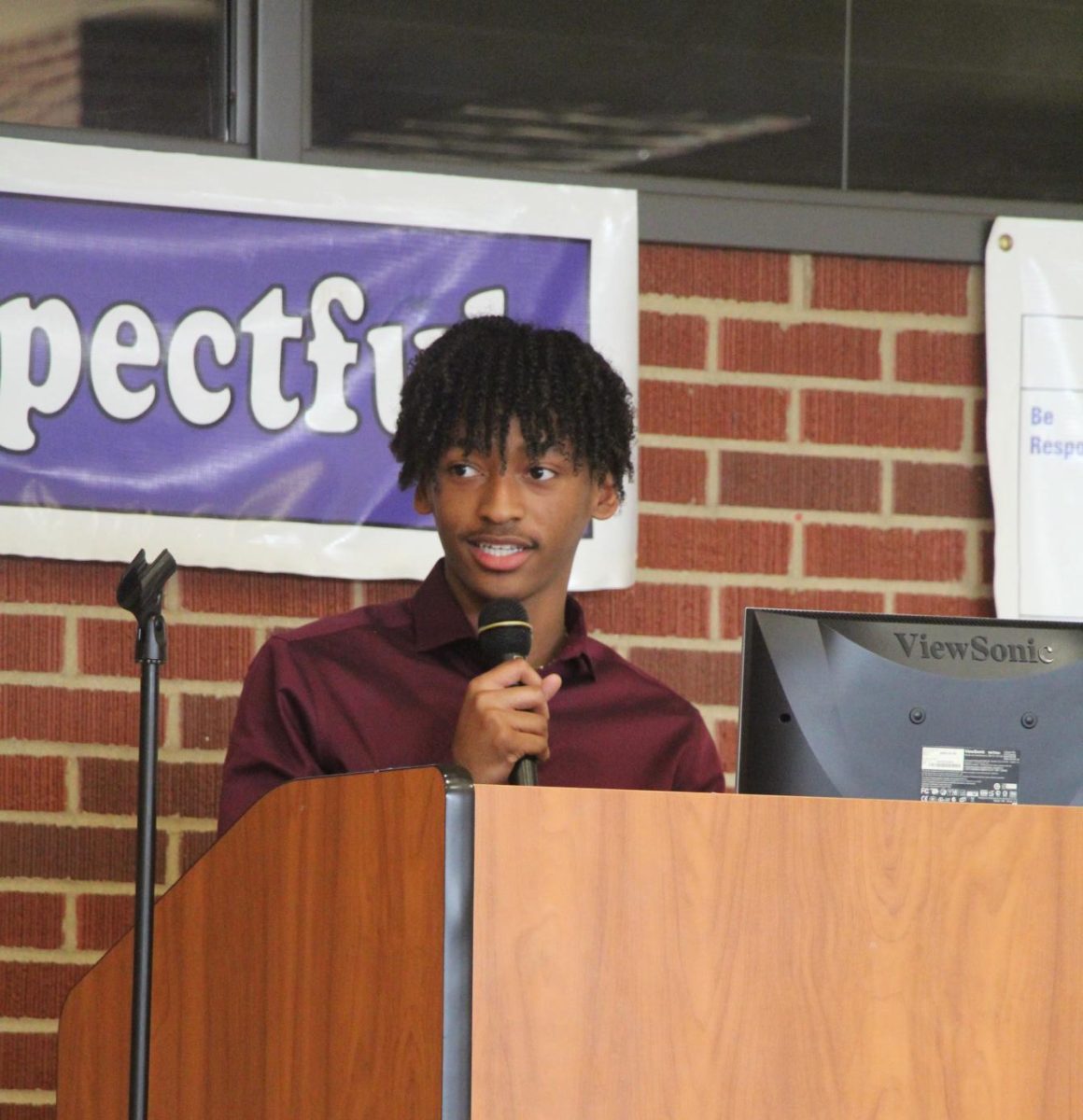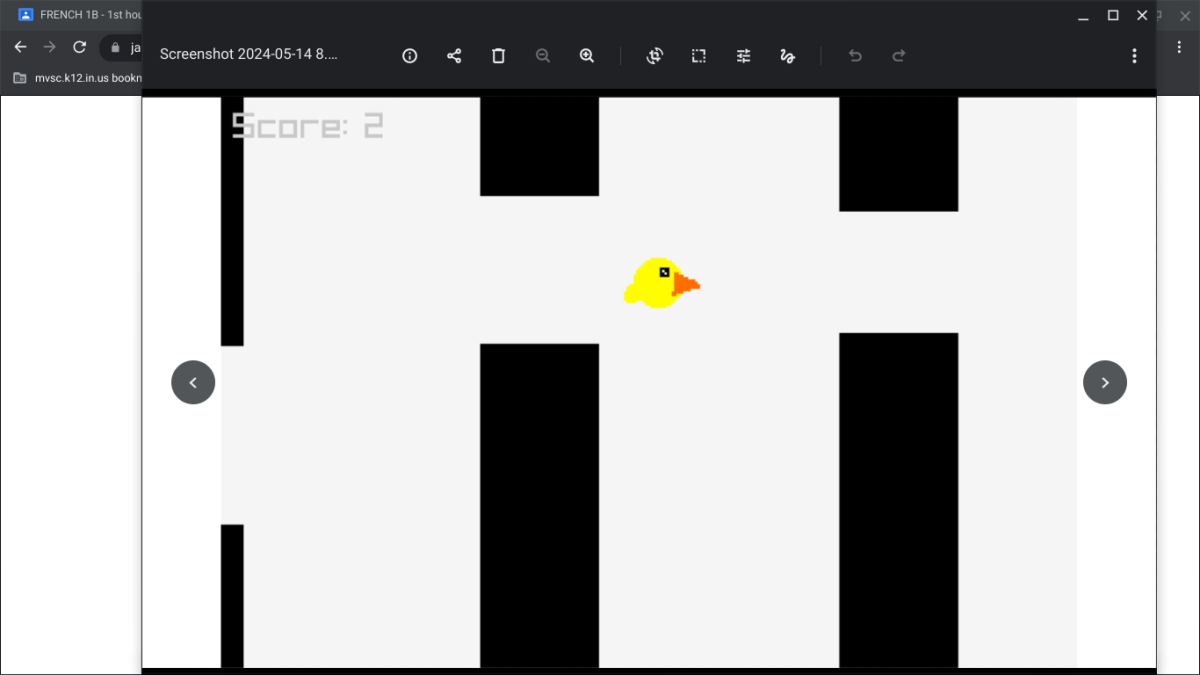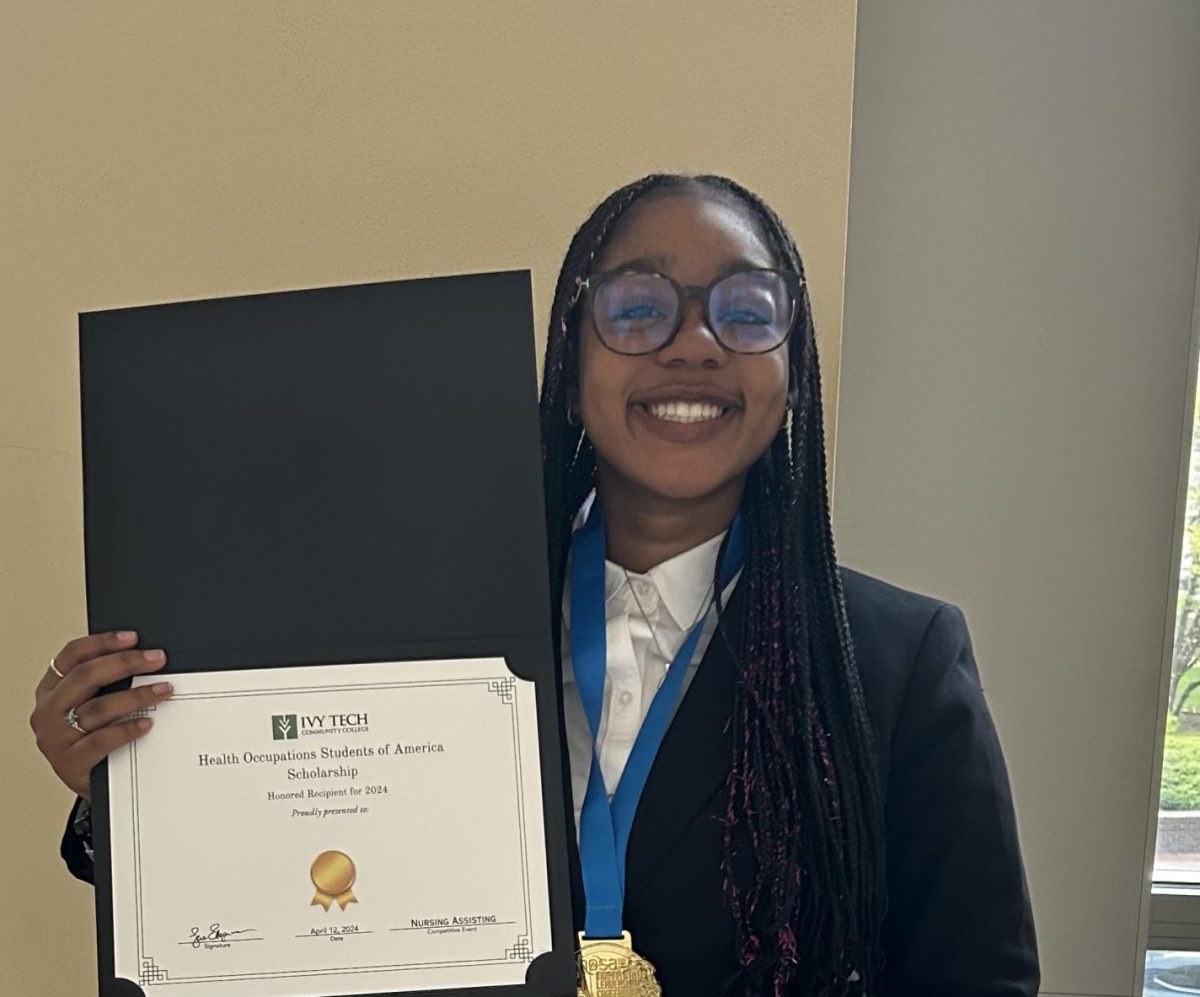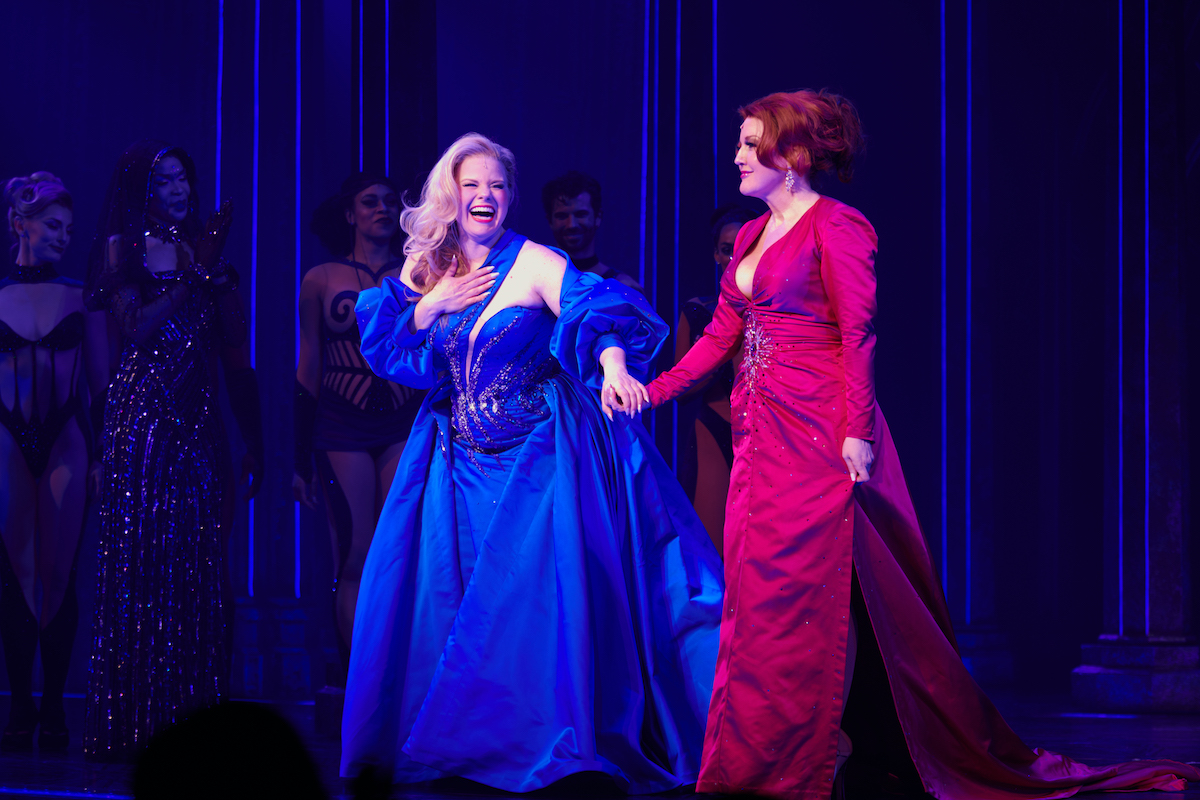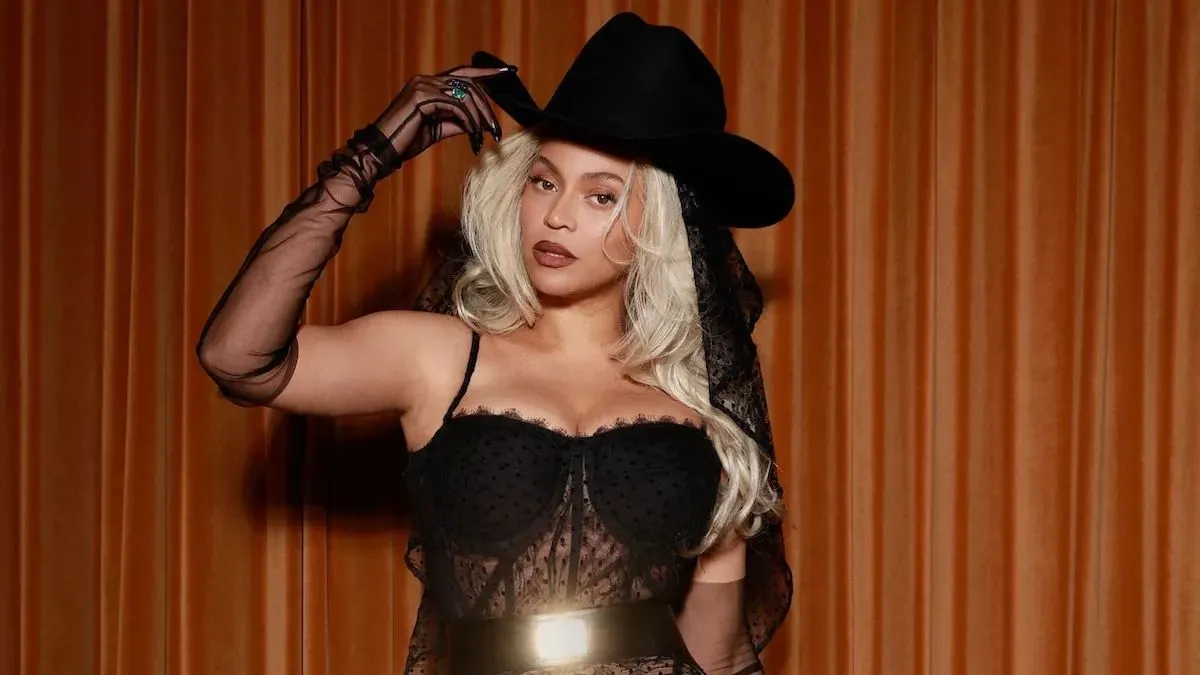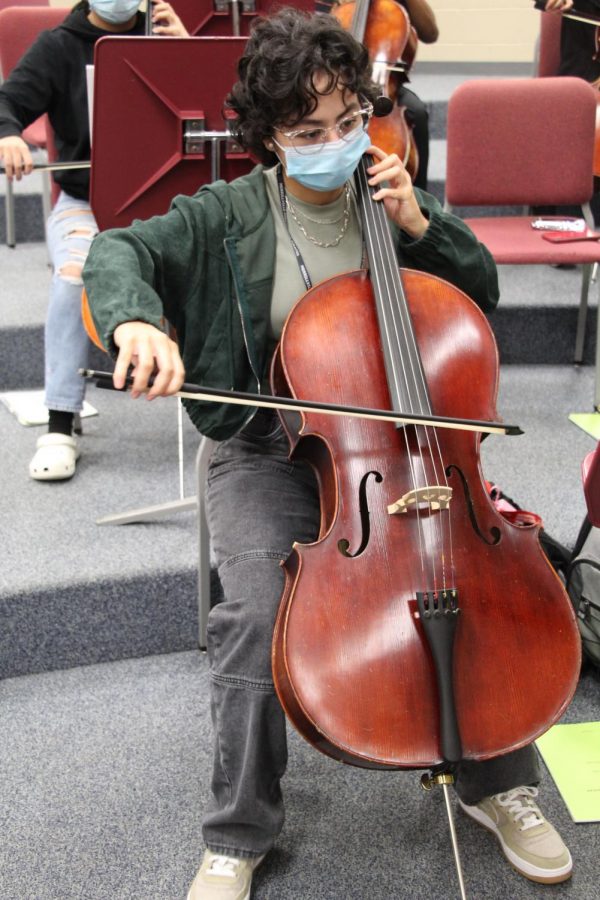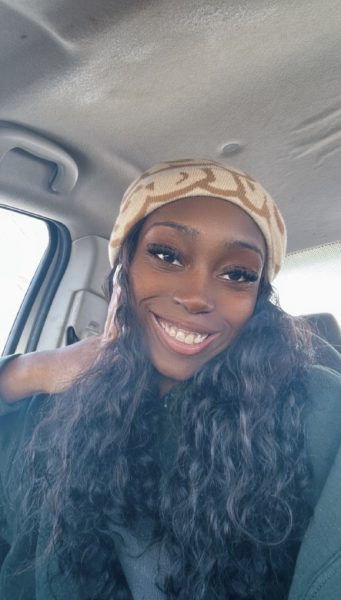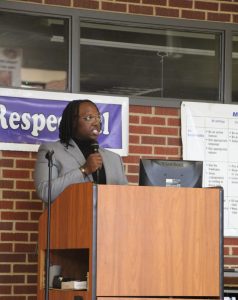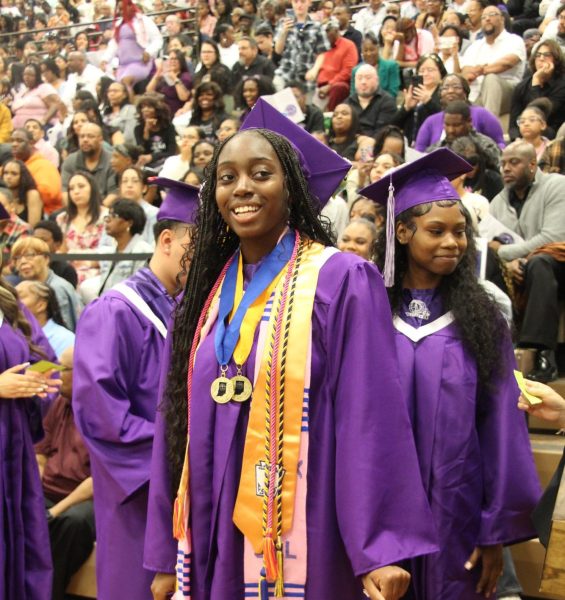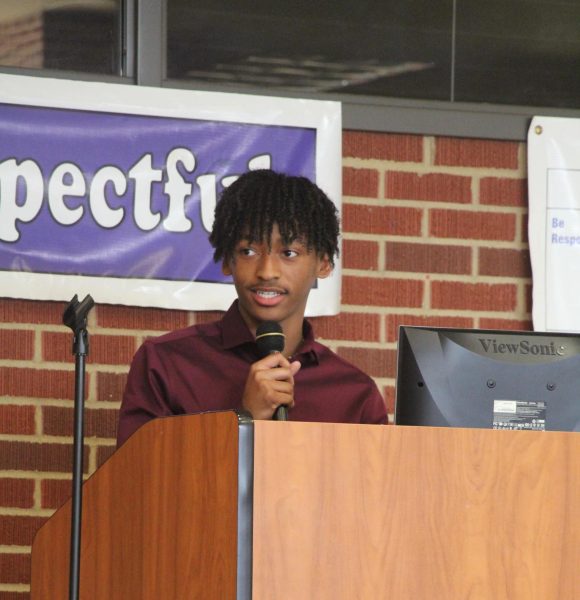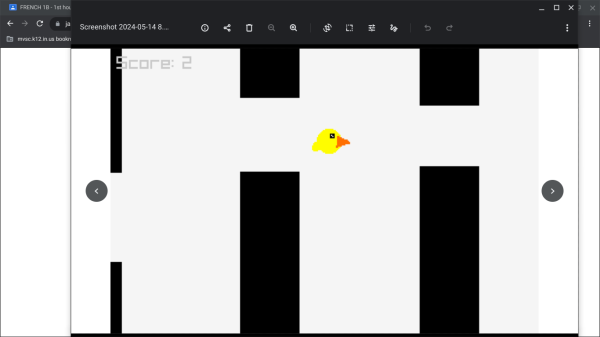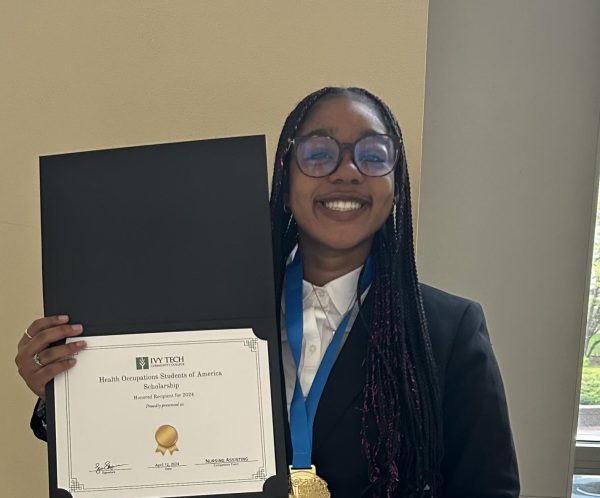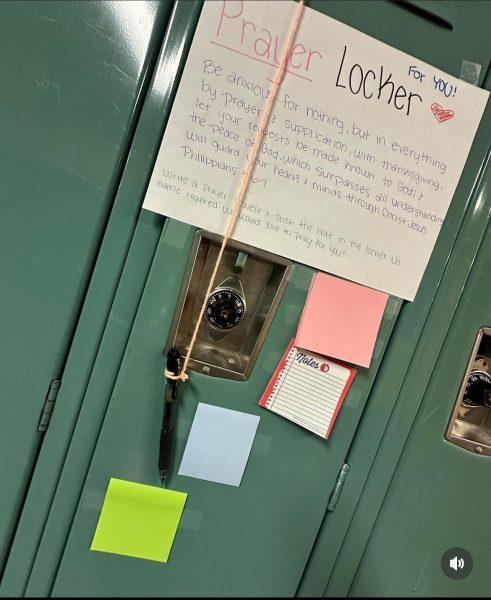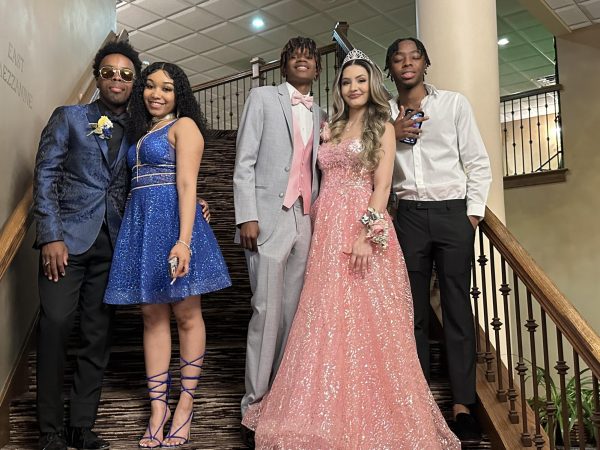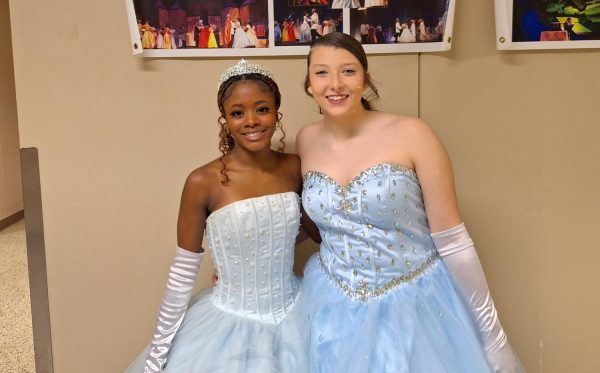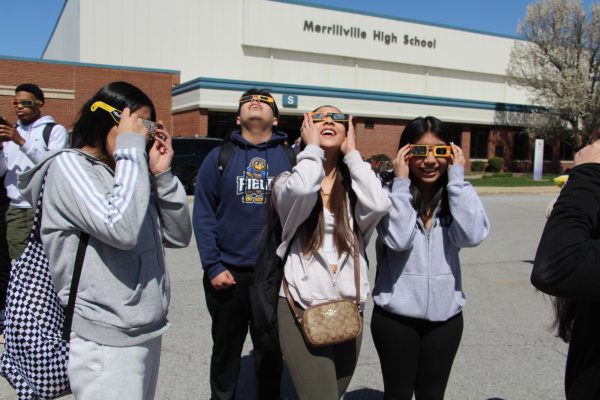Senior finding her rhythm again after scary heart procedure
Senior Noelia Arichivala plays the cello in orchestra class a year after undergoing a procedure on her heart.
October 27, 2021
She stood in her room, paintbrush in hand, glossing over her walls. Suddenly, she felt her heart rhythm speed up, blood pumping fast and hard. What Senior Noelia Arichivala thought was just a normal September day turned into a diagnosis of Supraventricular Tachycardia (SVT) that led to open heart surgery just two months later.
She quickly realized that something was seriously wrong, and was rushed to the hospital to be met with a difficult decision to make.
“I went to the hospital and they told me that my heart was going at 220 at a resting rate,” Arichavala said. “I had the choice of either doing the surgery or taking a pill for the rest of my life… and I chose the surgery.”
Arichavala said the sudden news was surprising and confusing for her because she had no warning as to what was happening to her body.
“At first I thought I was having an anxiety attack, so the whole entire time I was like ‘oh my gosh is this actually happening… is this really real?’ I couldn’t believe it until the night before my surgery; that’s when it really hit me,” Arichavala said.
The surgery consisted of doing a cauterization with a hot rod to burn off a piece of her heart. Ironically, the surgery date also fell on Arichivala’s birthday.
“It was really scary, but all the nurses made me feel better about it, and they actually gave me an Alexa for my birthday,” Arichavala said. “It was like a four-hour surgery, and it wasn’t too invasive. They let me go home just four hours after the surgery, and then I had to be on bedrest for two weeks.”
In any surgery, the recovery process can be brutal. Unfortunately, Arichavala was forced to miss the majority of her junior year swim season because of the toll the surgery took on her body.
“[During the surgery] they had to go through my veins, through my thighs, and my neck so I wasn’t able to walk anywhere for the first few days because it hurt so badly,” Arichivala said. “There was a lot of bruising… it was really scary because it’s not like a typical bruise: it was on my neck so it was hard to eat [as well].”
Unfortunately COVID-19 numbers were still on the rise during this time, leaving Arichavala confined in order to keep her freshly operated heart safe and healthy.
“My parents were already pretty strict about me going out and doing a lot of stuff, and with my heart condition they [were more concerned],” she said. “I was also getting back into swimming and that was the only thing I was really able to do. There were COVID precautions, but they couldn’t really help me as much as I needed.”
A year later, Arichivala is back to her normal routines and has recovered well. Getting through the initial recovery was rough, but was for the best.
“I just kept telling myself that it was gonna get better soon, and that it’s not going to be something I have to worry about the rest of my life,” she said. “It was a good thing to do now instead of later.”

